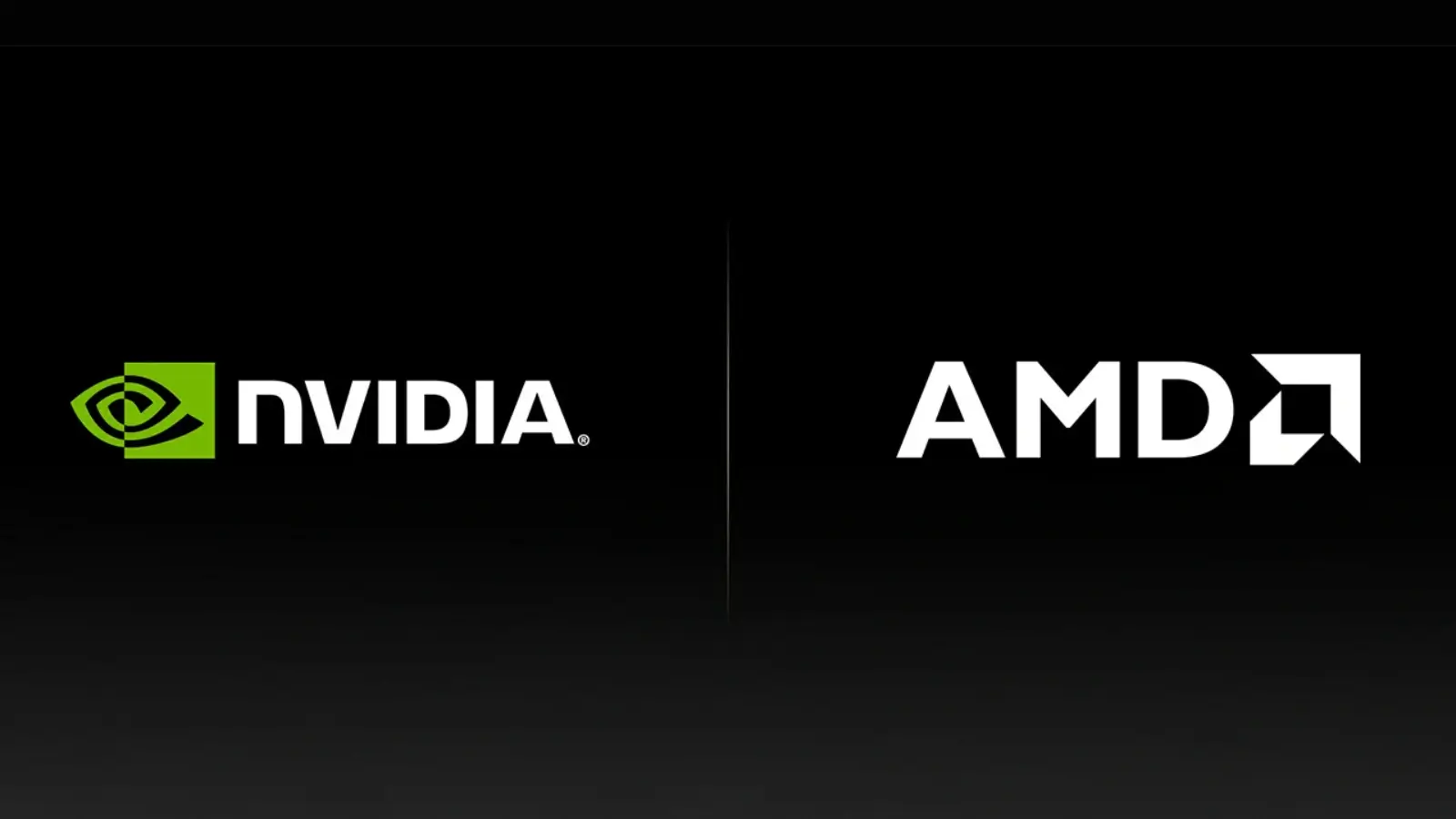


Washington, D.C. — In a landmark and highly unorthodox agreement, Nvidia and AMD have each committed to handing over 15% of their revenue from chip sales in China to the U.S. government. The arrangement was struck as a precondition for securing export licenses for flagship artificial intelligence processors, specifically Nvidia’s H20 and AMD’s MI308, enabling the companies to continue operating in a critical global market.
According to sources familiar with the deal, the agreement was brokered with the Trump administration, and the U.S. Commerce Department has since begun issuing the necessary export licenses. This arrangement allows Nvidia and AMD to resume shipments of these high-value AI chips to China—a market that accounts for billions in potential revenue. However, the allocation of the U.S. government's cut—what will become of this new revenue stream—remains undecided.
Observers across export control and trade policy are calling the deal unprecedented. This marks the first time major U.S. tech firms have consented to funnel a portion of foreign sales revenue to the government in exchange for licensing approvals. The move reflects the administration’s hardline stance on protecting domestic interests while maintaining access to global markets.
This revenue-sharing agreement follows a broader pattern of industrial diplomacy, where exporters agree to domestic reinvestment or revenue penalties to avoid regulatory setbacks or tariffs. In this context, the 15% cut could reshape profit margins for billions of dollars in sales.
Industry watchers highlight the strategic importance of the H20 and MI308 chips, designed specifically for high-performance AI and cloud computing applications. These components are central to both Nvidia’s and AMD’s competition in next-generation technology sectors. Meanwhile, the U.S. government’s control over licensing underscores the geopolitical significance of semiconductor exports amid escalating tensions with China.
Importantly, neither company has publicly denied the agreement. Nvidia issued a statement affirming compliance with U.S. export regulations and expressed hope that new rules would allow continued participation in China and beyond. Analysts estimate that annual chip sales in China could reach upwards of $23 billion based on pre-restriction projections, meaning the U.S. revenue cut could translate into substantial government income.
Critics argue that the deal sets a worrying precedent—some likening it to extortion or compulsory taxation—and warn that it may invite unequal terms in future international trade arrangements. Others counter that in an era of heightened concern over national security and technological leadership, such proactive measures may become increasingly common.
As global chip diplomacy evolves, the implications of this revenue-sharing deal will ripple across the tech, trade, and policy spheres, reshaping how corporations and governments negotiate access to the most prized markets in the digital age.